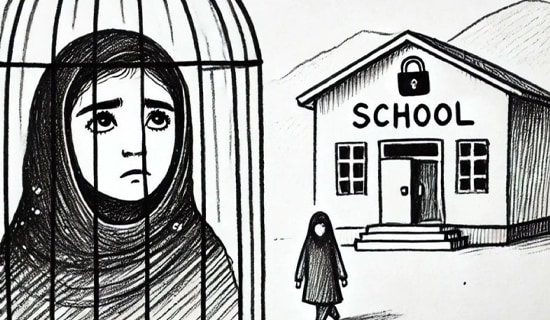Following are excerpts from a television report on the sale of alcohol in South Lebanon. The report aired on Al-Jadid/New TV on July 27, 2011.
Reporter: "After Natabiya and Kfar Roman, it is the turn of the town of Hula to have its blood alcohol level checked. The test revealed a not insignificant amount of alcohol in the blood of Hula, but this seems only natural in a town of Communists. What is not so obvious, however, is the provocative way in which Hizbullah and its supporters attacked the home of the only man who sells alcohol in Hula.
"Hello."
Wasef Hussein: "Hello."
Reporter: "Mr. Wasef Hussein sells alcohol here, in his home. The problem began on Sunday night, when young Hizbullah supporters blocked the road leading to his home. They gathered around the house and demanded that he stop selling alcohol. Problems ensued.
"After a while, the Lebanese Army intervened. For Wasef, it is not just an issue of selling alcohol, but a matter of personal liberties, which nobody has the right to deny.
Wasef Hussein: "This contradicts the ideological and religious concepts of Hizbullah. But as far as we are concerned, we don't have any problem with it. We respect their feelings. We have never prevented anybody from praying, we have never told a woman not to wear a hijab, and so on. […]
"We will not give up our general and personal liberties – not just in Hula, but in all Lebanese villages. These liberties are sacred. If somebody wants to bring a drink from outside, how can we be sure that nobody will come and confiscate it? That could happen. In addition, all these girls who hang out in town – someone might come and force them to cover their hair."
Reporter: "Do things like that happen in Hula?"
Wasef Hussein: "It could happen. We heard somebody saying yesterday that there would be a new era in Hula. That era must never come."
Reporter: "Alcohol supporters will not cease to raise their drinks in a toast. This is a part of their culture. Nor will those opposed to alcohol cease their efforts to prevent it. This, too, is a part of their culture." […]




